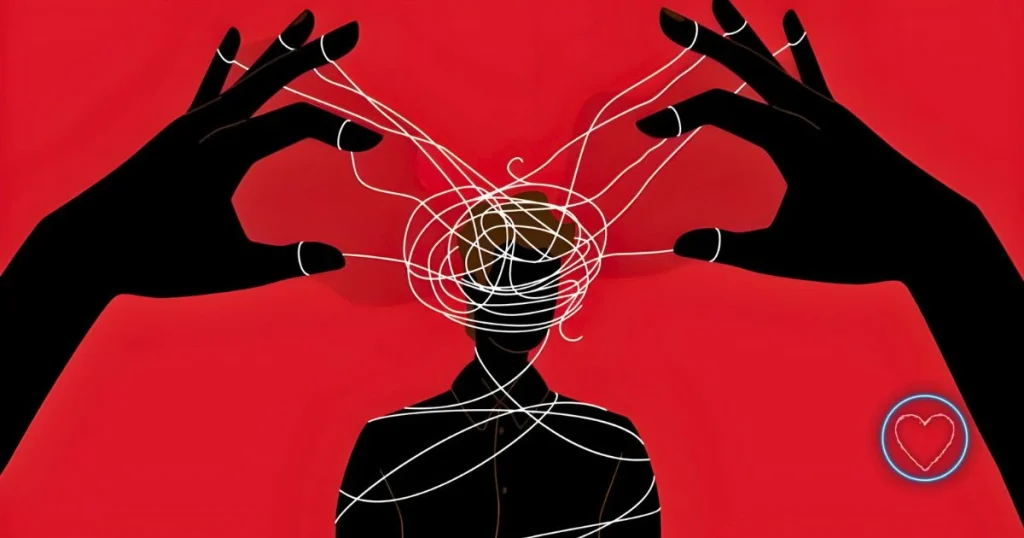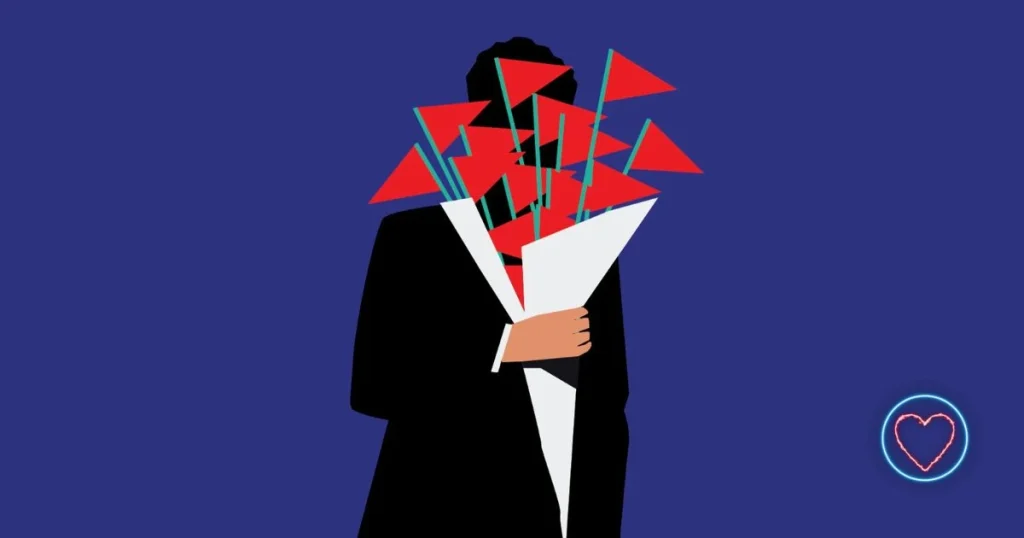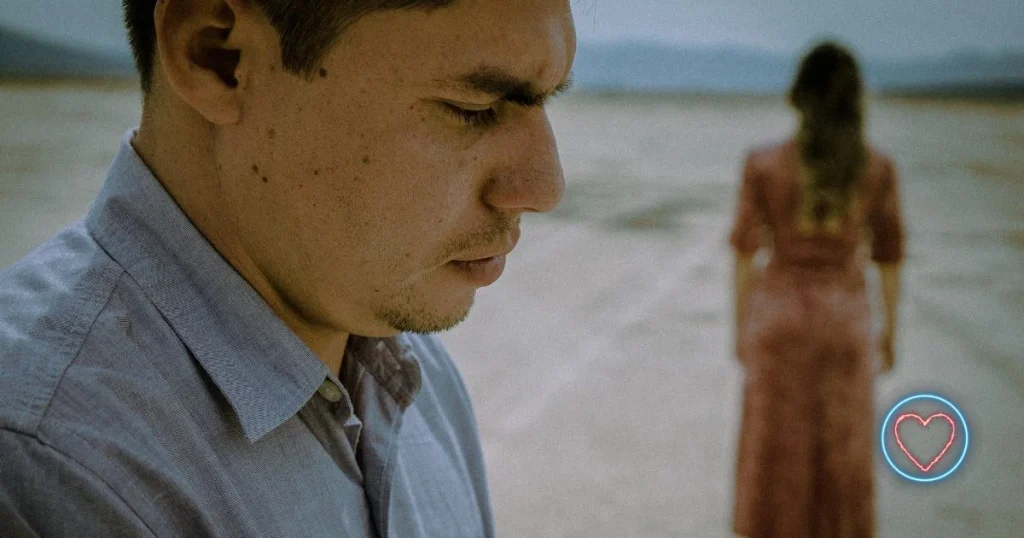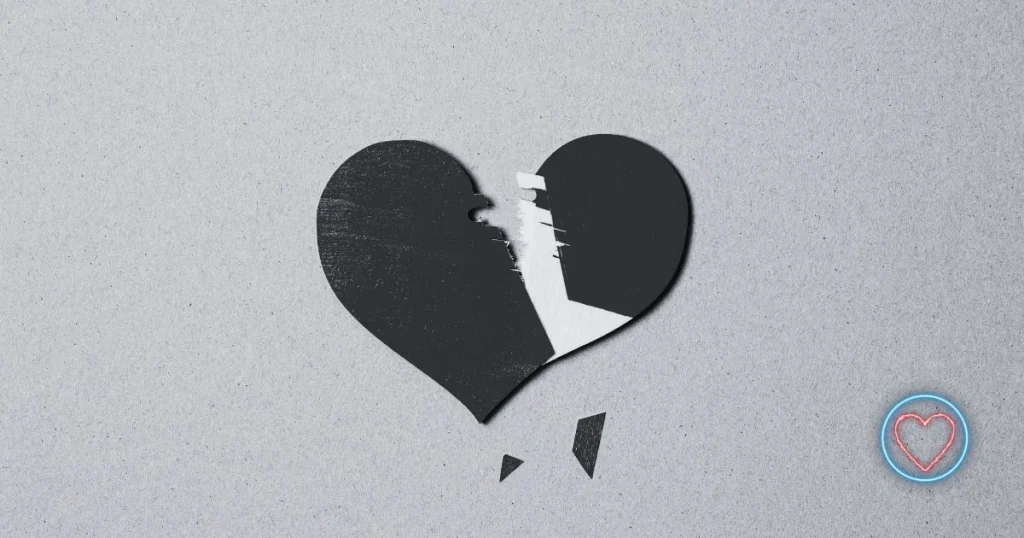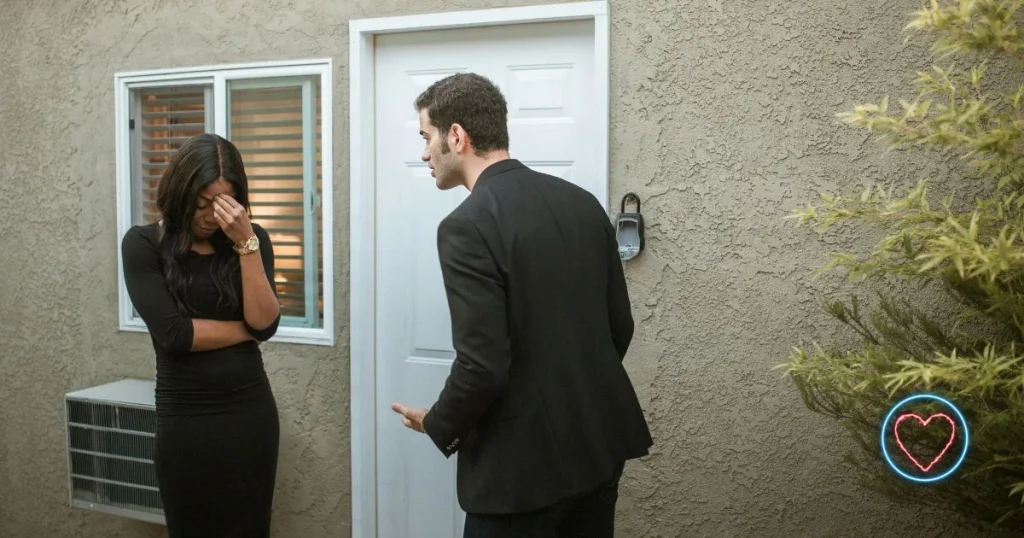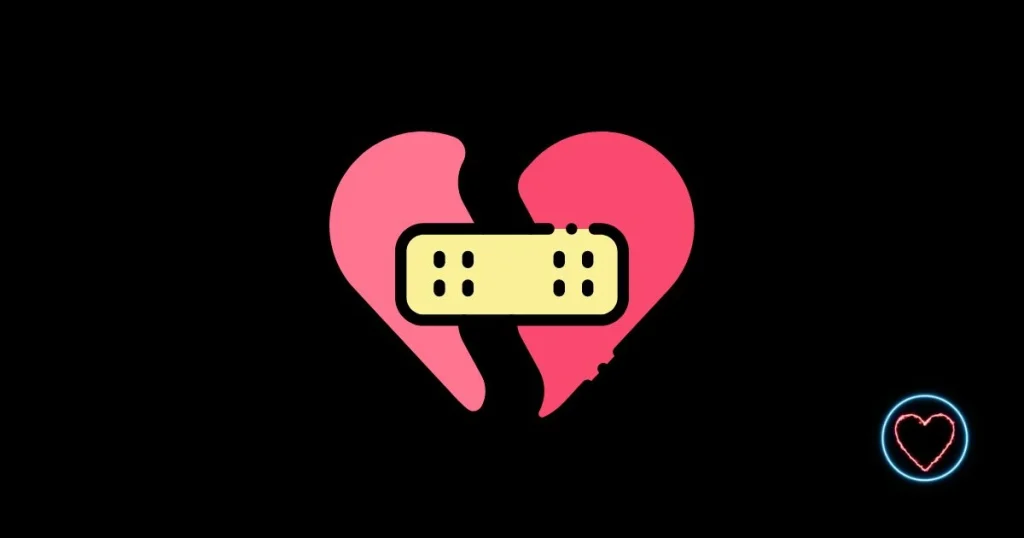Healthy relationships involve compromise, effort, and emotional investment. But there’s a thin line between healthy give-and-take and losing yourself in the process of loving someone else. Many people fall into the trap of over-sacrificing, thinking it’s a form of loyalty or proof of love, only to wake up one day feeling emotionally depleted, misunderstood, and invisible.
While giving is essential in any relationship, sacrificing too much can be a sign that something is out of balance. If you find yourself constantly putting your partner’s needs ahead of your own, you may be giving too much and receiving too little in return.
Here are 10 signs you’re sacrificing too much in a relationship—and what you can do about it.
1. You’ve Lost Your Identity
One of the clearest signs you’re sacrificing too much is when you no longer recognize yourself outside the relationship. Your hobbies, passions, friendships, and goals have taken a back seat to your partner’s life. You’ve stopped doing what once brought you joy, and now your life revolves solely around the relationship.
Ask Yourself:
- When was the last time I did something just for me?
- Do I still feel like my own person?
The Danger:
Losing your identity makes you more emotionally dependent on your partner and less resilient if the relationship becomes unstable or ends.
2. You Say “Yes” When You Really Want to Say “No”
Constantly agreeing to things you’re uncomfortable with—whether it’s social events, financial decisions, or intimacy—just to keep your partner happy is a major red flag. You may think you’re avoiding conflict, but in reality, you’re betraying your own needs and boundaries.
The Emotional Toll:
Over time, saying “yes” when you mean “no” can lead to resentment, burnout, and a sense that your voice doesn’t matter.
3. Your Needs Are Always on the Back Burner
Everyone deserves to have their emotional, physical, and psychological needs met. If you’re consistently prioritizing your partner’s needs while neglecting your own, you’re not practicing self-love—you’re self-erasing.
Common Examples:
- You offer constant emotional support but receive none.
- You rearrange your schedule for them, but they won’t budge for you.
- You suppress your own sadness to comfort them.
Reality Check:
Your needs are not optional. If they’re treated as such, it’s time to reevaluate the balance.
4. You Feel Guilty for Taking Time for Yourself
Self-care should never feel like a betrayal. But when you’re sacrificing too much, even the smallest act of self-prioritization—like spending a weekend with friends or enjoying a solo hobby—can feel like a guilty indulgence. You might worry that you’re being “selfish” or that your partner will be upset.
A Healthy Relationship Encourages:
- Independence
- Personal growth
- Individual joy
If guilt is your constant companion, your relationship may be dipping into co-dependence territory.
5. You’re Financially Strained While They Thrive
Money can be a tricky subject, but fairness and mutual respect are essential. If you find yourself covering expenses regularly, paying for most things, or making financial sacrifices that your partner isn’t reciprocating or acknowledging, this could be a form of exploitation.
Examples of Unbalanced Sacrifice:
- Taking on debt for their needs.
- Funding their lifestyle while yours suffers.
- Constantly picking up the slack financially with no recognition or effort from their end.
You are not a bank. You are a partner. There’s a big difference.
6. You’re the Only One Making Effort to Resolve Conflict
Every couple fights. But if you’re the only one initiating difficult conversations, suggesting therapy, or making compromises to repair the relationship, then you’re carrying the emotional labor on your own.
Warning Sign:
If conflict resolution always falls on you, you’re in a relationship with someone who benefits from your sacrifice but doesn’t invest equally in solutions.
7. You Feel Emotionally Drained, Not Fulfilled
Love should be a source of strength, not exhaustion. If every interaction leaves you feeling like you’re running on emotional fumes—while your partner seems satisfied or oblivious—that’s a major indication that something is off.
You Might Notice:
- Anxiety before seeing or talking to them.
- Feeling like walking on eggshells.
- Emotional numbness or burnout.
Your love tank shouldn’t be constantly running on empty.
8. You’ve Compromised Your Values
A healthy relationship should never ask you to compromise on core beliefs—whether it’s honesty, respect, or your worldview. If you find yourself tolerating behaviors that once seemed unacceptable or rationalizing things you know are wrong, it’s likely because you’re sacrificing your integrity to keep the peace.
Red Flags:
- Lying to friends or family to cover for your partner.
- Accepting mistreatment or disrespect.
- Abandoning spiritual, ethical, or personal values.
You should never have to betray yourself to be loved.
9. Your Friends and Family Are Worried
Sometimes, those closest to us can see what we can’t. If your loved ones are expressing concern about how you’re being treated, how much you’ve changed, or how little you’re receiving in return, it’s worth listening. They may be observing unhealthy patterns that you’ve normalized.
What to Do:
- Ask yourself if there’s truth in their feedback.
- Reflect on when you last felt happy and balanced.
- Don’t brush off every concern as “they just don’t understand.”
Support systems often serve as mirrors when you’re too close to the relationship to see clearly.
10. You’re Afraid They’ll Leave If You Stop Sacrificing
The most telling sign you’re giving too much is fear—the fear that setting a boundary, saying no, or prioritizing yourself will lead to rejection or abandonment. You may believe that your sacrifices are the only thing keeping the relationship intact.
Hard Truth:
If your partner only stays because you overextend yourself, that’s not love—it’s emotional dependence, or worse, manipulation.
True love honors your boundaries. It doesn’t demand your silence, submission, or self-erasure.
Why Do We Sacrifice Too Much?
Over-sacrificing often stems from:
- Low self-worth: Believing you’re only lovable when you’re useful.
- Fear of abandonment: Thinking sacrifice ensures loyalty.
- Childhood patterns: Growing up in environments where love had to be earned.
- Romantic idealism: Mistaking suffering for passion.
Understanding the “why” behind your behavior is the first step toward healing it.
How to Reclaim Your Balance
If you’ve recognized yourself in several of these signs, it’s time to begin a journey back to yourself. Here’s how:
1. Start Small
Set micro-boundaries: say no to something minor and observe the outcome. Practice choosing yourself in small ways.
2. Communicate Your Needs
You can’t expect your partner to understand what’s going on unless you speak up. Share your feelings without blame.
3. Reignite Your Passions
Start doing things that bring you joy outside the relationship—art, exercise, friendships, volunteering, reading.
4. Seek Therapy
A therapist can help you unpack the roots of over-sacrificing and teach you how to rebuild healthy boundaries.
5. Evaluate the Relationship
Sometimes, reclaiming balance means facing hard truths. If your partner resists your growth or responds with guilt-tripping, it might be time to reassess the entire relationship.
Final Thoughts: Love Shouldn’t Cost You Your Self
Healthy love expands you—it doesn’t shrink you. It supports your dreams, not silences them. It gives and receives equally. If you’re constantly sacrificing your time, energy, and identity just to keep your relationship afloat, it’s time to ask the most important question:
Is this love nourishing me—or draining me?
You deserve a love that doesn’t require your suffering to survive. A love where you can show up fully, as you are, without fear, without guilt, and without having to give yourself away piece by piece.




